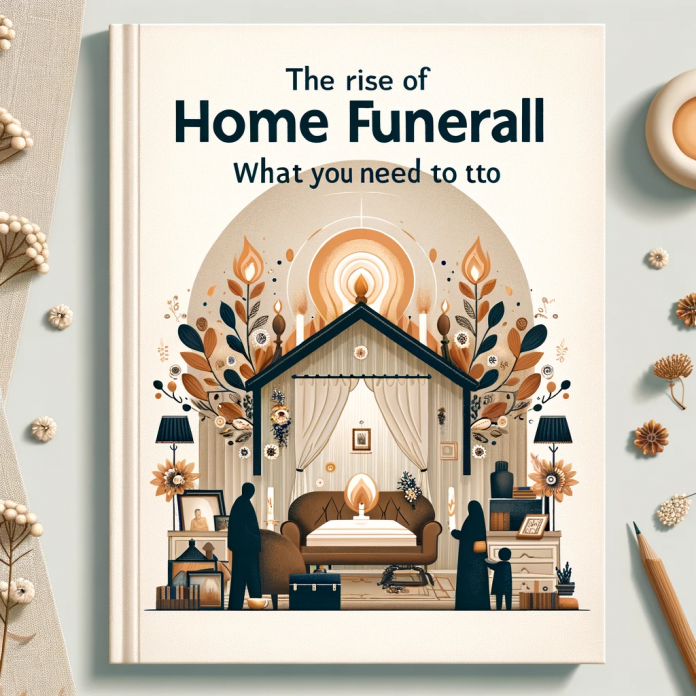Home funerals are a growing trend, offering a more personal and intimate way to say goodbye to loved ones. This guide will provide you with all the necessary information about this emerging practice.
Understanding Home Funerals
A home funeral is a family or community-led funeral that takes place in a home setting. It allows for a more personalized and intimate farewell, often involving the family in the care and preparation of the deceased.
While home funerals were common in the past, the rise of the funeral industry in the 20th century saw a shift towards more formal, professional services. However, in recent years, there has been a resurgence in the practice, driven by a desire for more personal, cost-effective, and environmentally friendly alternatives.
Why Choose a Home Funeral?
There are several reasons why people are choosing home funerals. For some, it's a way to honor the wishes of the deceased in a more personal setting. For others, it's about maintaining control over the process and making it a family-centered event.
Home funerals can also be more cost-effective. Traditional funerals can be expensive, with costs for embalming, caskets, and professional services. By contrast, home funerals can often be arranged for a fraction of the cost.
The Legal Aspects of Home Funerals
It's important to note that home funerals are legal in most places. However, laws can vary, so it's crucial to research local regulations. In some areas, families may be required to hire a licensed funeral director for certain aspects of the process.
It's also essential to consider the legal requirements for transporting and disposing of the body. This can include obtaining a death certificate, filing necessary paperwork, and adhering to local health and safety regulations.
Planning a Home Funeral
Planning a home funeral involves several steps. It's important to start the process as soon as possible to ensure that all necessary arrangements are made.
The first step is to decide on the location. This could be the deceased's home, a family member's home, or another meaningful location. Once the location is chosen, you'll need to prepare the space for the funeral.
Preparing the Body
One of the most significant aspects of a home funeral is the preparation of the body. This can involve washing and dressing the body, as well as applying any desired cosmetics. It's also common to keep the body cool with ice packs or dry ice to slow the decomposition process.
It's important to note that this process can be emotionally challenging. However, many people find it to be a meaningful and therapeutic part of the grieving process.
Arranging the Ceremony
The ceremony is another important aspect of a home funeral. This can be as simple or elaborate as desired, and can include readings, music, and personal tributes. It's also common to allow visitors to spend time with the deceased, offering a chance for private goodbyes.
After the ceremony, the body can be transported to a cemetery, crematorium, or other final resting place. This can be done by the family or with the help of a professional funeral director.
Considerations and Challenges
While home funerals can offer many benefits, they also come with certain considerations and challenges. It's important to be aware of these before deciding on a home funeral.
Emotional Challenges
One of the biggest challenges of a home funeral is the emotional toll it can take. Caring for a deceased loved one can be a deeply emotional experience, and it's important to ensure that all family members are comfortable with the process.
It's also important to consider the impact on children. While some children may find the process helpful in understanding death, others may find it distressing. It's crucial to consider their feelings and provide appropriate support.
Logistical Challenges
There can also be logistical challenges to consider. These can include the physical demands of caring for the body, as well as the need to coordinate various aspects of the funeral. It's important to have a clear plan in place and to seek help if needed.
Despite these challenges, many families find that home funerals offer a meaningful and personal way to say goodbye to a loved one. With careful planning and consideration, a home funeral can be a beautiful and healing experience.


-banner.png)





